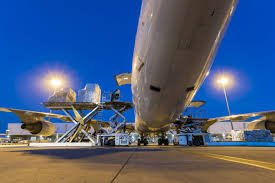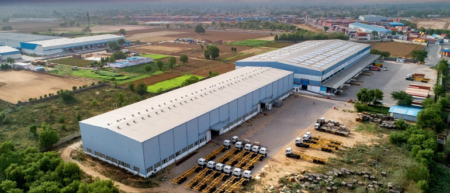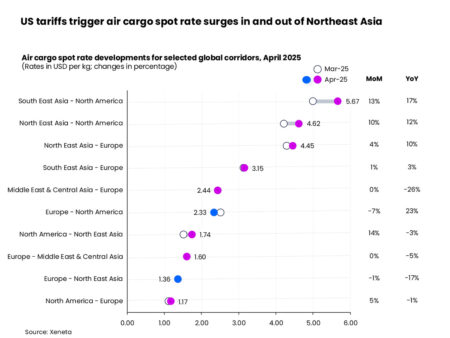Air cargo rates climb globally, led by a sharp rise in Middle East and South Asia-to-Europe routes. Prices hit double from last year, driven by demand and shipping disruptions.

Global air cargo rates have continued their upward trajectory, driven by a surge in prices and demand from the Middle East and South Asia to Europe routes, as revealed by the latest data and analysis from WorldACD Market Data. Despite a decline in tonnages from various regions due to holiday periods worldwide, including Easter, Ramadan, and China’s Qingming Festival, average global rates rose by more than 2 percent in the first week of April alone.
Particularly notable is the significant increase in spot rates from the Middle East and South Asia (MESA) to Europe in recent weeks, especially from India and Bangladesh. These increases are attributed to robust demand coupled with supply chain disruptions in container shipping and the observance of Ramadan. Spot rates from MESA to Europe have nearly doubled compared to the previous year, reaching $3.43 per kilo in week 14. India-Europe rates rose to over $4 per kilo, while Bangladesh-Europe rates soared to $4.59 per kilo in the same period, marking a substantial increase from last year.
The rise in rates is further fueled by strong demand from cross-border e-commerce and ongoing disruptions in container shipping in the Red Sea. Additionally, increasing jet fuel prices, which saw a more than 4 percent rise in week 14 compared to the previous week, have contributed to the upward pressure on rates.
Despite a decline in tonnages from certain regions, including a 15 percent drop from Europe, rates have continued to climb. Notably, rates from Asia Pacific and MESA origin points recorded a 6 percent increase in the two weeks leading up to week 14. However, year-on-year comparisons show mixed results, with MESA being the only region to record a significant increase in rates.
Key hub airports in the Middle East and Asia, such as Dubai, Colombo, and Bangkok, have experienced varying levels of demand. Dubai-Europe tonnages remained substantially high, up by 114 percent compared to the previous year, driven by disruptions in container shipping. Similarly, Bangkok-Europe tonnages saw a significant increase, while Colombo-Europe tonnages witnessed a decline from their peak levels earlier in the year.
Overall, the surge in air cargo rates reflects the ongoing challenges and disruptions in global supply chains, highlighting the critical role of air freight in meeting the demand for essential goods and maintaining trade flows amidst unprecedented disruptions.











